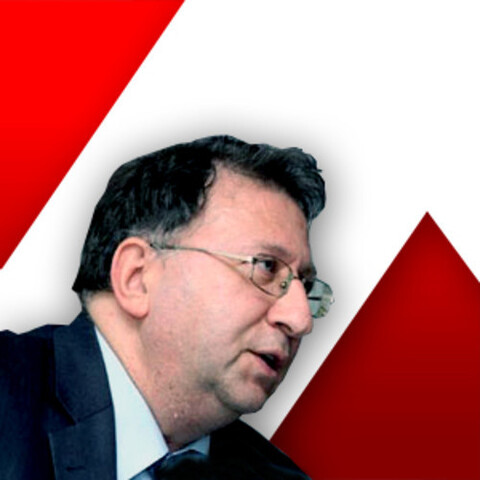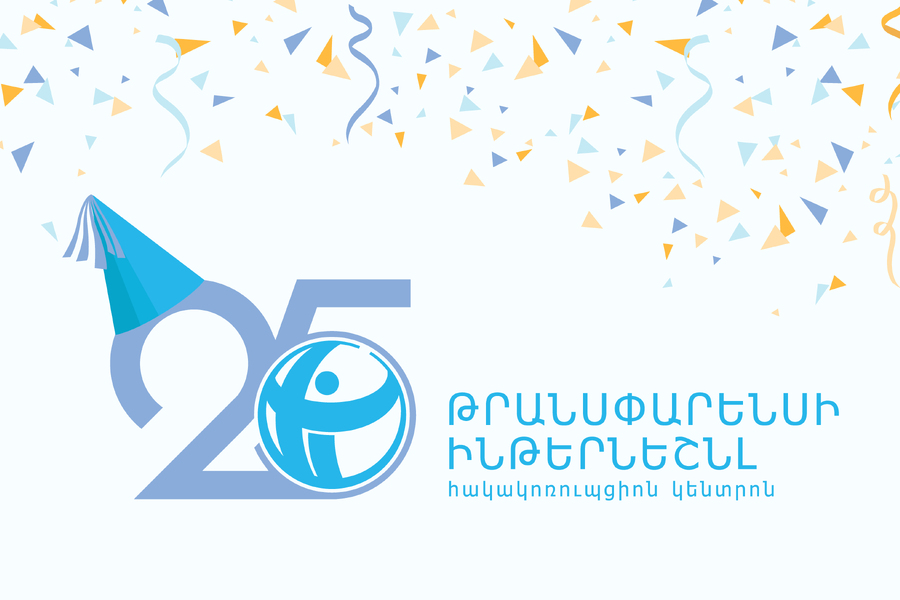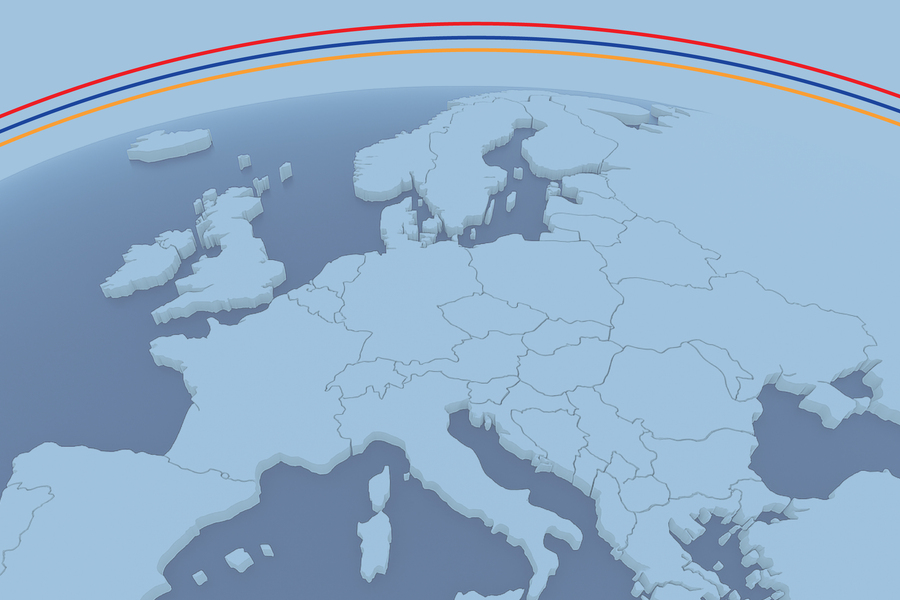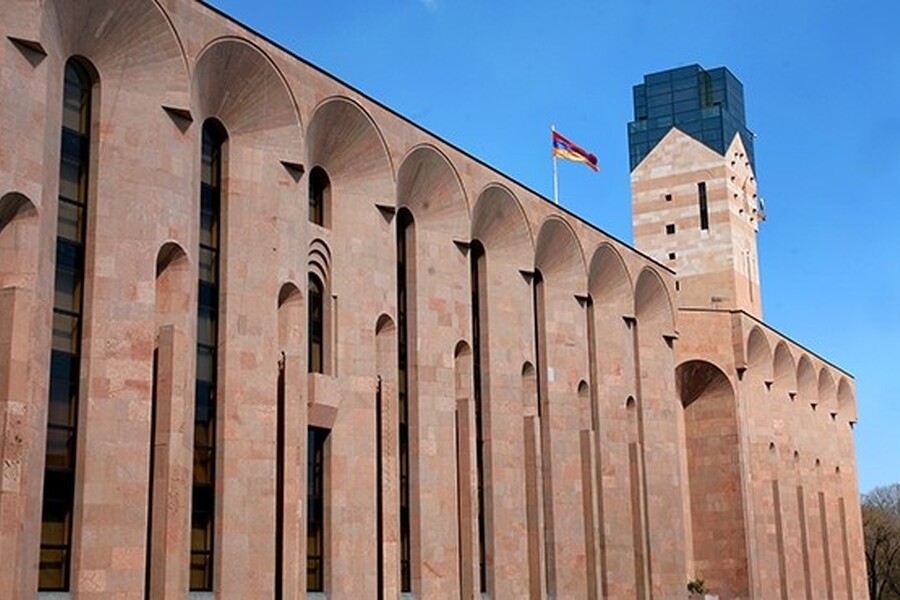The state of corruption in Armenia on the air of Armenian National Radio
On December 17 Varuzhan Hoktanyan, Executive Director of Transparency International Anticorruption Center was the guest of Armenian National Radio to discuss the problem of corruption in Armenia. Based on the main quantitative indicator of perceptions of public sector corruption he described current state of corruption in Armenia as stagnation, as practically no changes were observed in the indices ever since 2003. The scores of Transparency International’s Corruption Perceptions Index were even deteriorated in Armenia in 2008-2011. They were later somewhat improved reaching the level before 2008. Generally, Armenia in the 2013 index scored below average, approaching the boundary of the countries perceived to be highly corrupt. Among other topics discussed during the radio broadcast were corruption manifestations, practice of fighting corruption, the renowned report of Human Rights Defender of Armenia on judiciary, the means and prospects of fighting corruption in Armenia.
According to Varuzhan Hoktanyan Armenia’s common citizen is rather tolerant of corruption. Though bribery is considered to be the most widespread, embezzlement of public funds, official fraud, patronage, various situations of conflict of interest, abuse of influence are viewed to be among more dangerous manifestations of corruption. A serious manifestation of corruption is political corruption, say financing political parties, when great businessmen who finance political parties later directly misuse the money. The private gain through the misuse of entrusted power may not be purely material. For instance, a person who is elected as president, MP, village or town mayor as a result of vote buying formally gains not a material benefit, but a position and later uses that position for enrichment.
As for the Special report on right to a fair trial by the Human Rights Defender of Armenia, Varuzhan Hoktanyan qualitatively agreed with its main conclusions. Non-independent and corrupt nature of judiciary system is one of the key reasons of high-level corruption. As long as judiciary is among the corrupt pillars, it is very difficult to reduce the level of corruption and change perceptions.
Based on international experience, it is possible to gain powerful effect through repressive methods, as in Singapore or in Georgia. However, in view of cultural specifics, clan relations it is impossible to achieve great results through authoritarian methods. According to Hoktanyan demonopolization of economic and political spheres, competition, development of democratic and free market relations can be viewed as outcome of the situation. There is a need to adopt systemic approach. Not only should a citizen refuse to give or take bribes but should also whistle-blow about it. Opposition parties, NGOs, media should become the institutes for a citizen through which it will be possible to stop corruption due to oppression from beneath. Hence, the question would be more seriously perceived by the authorities.





